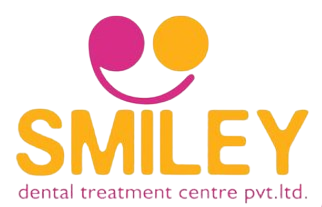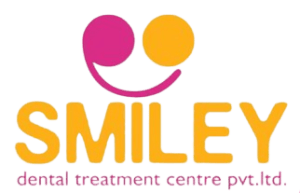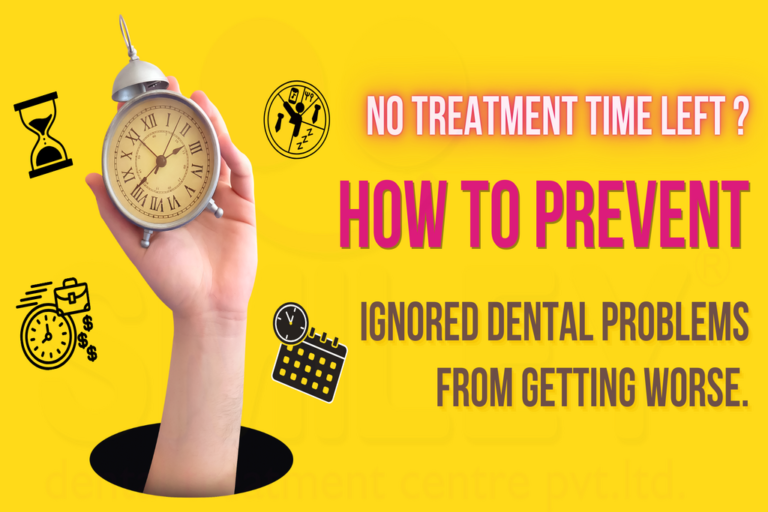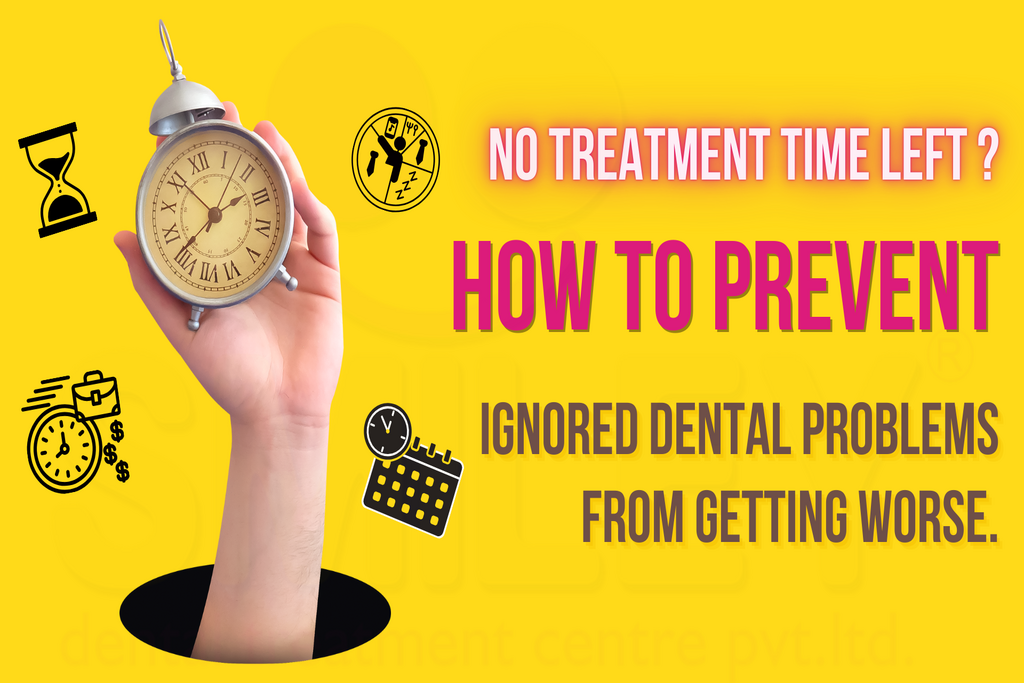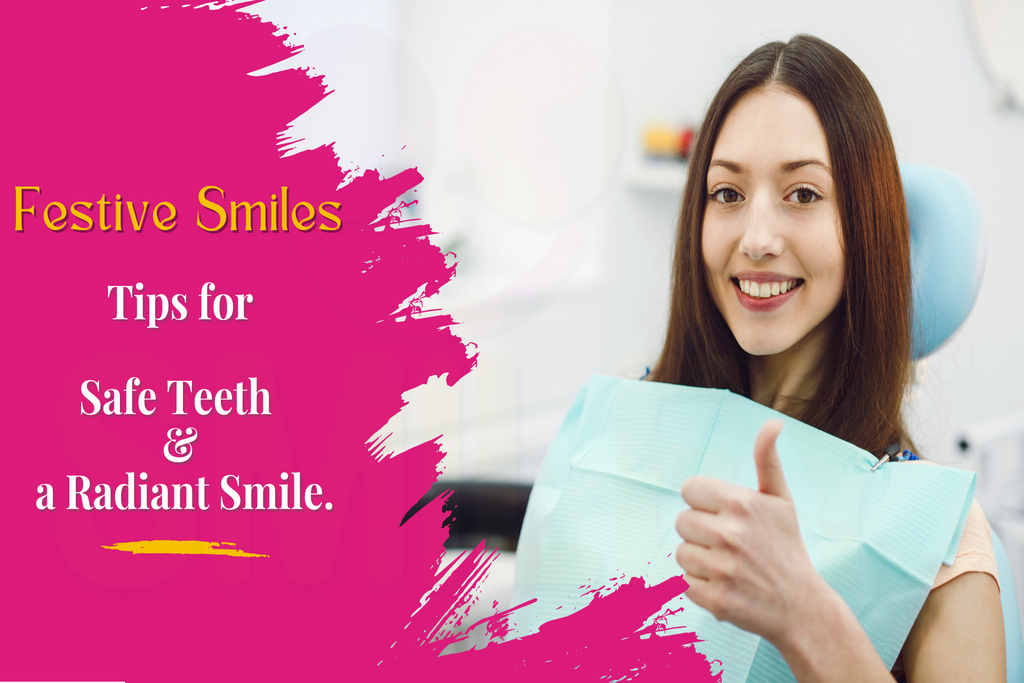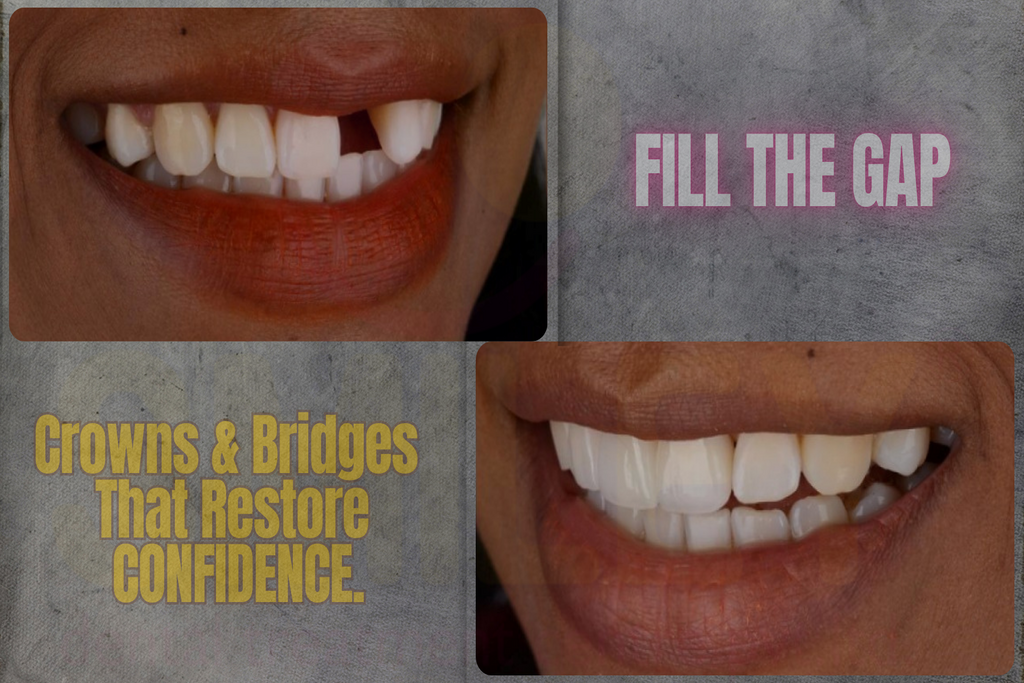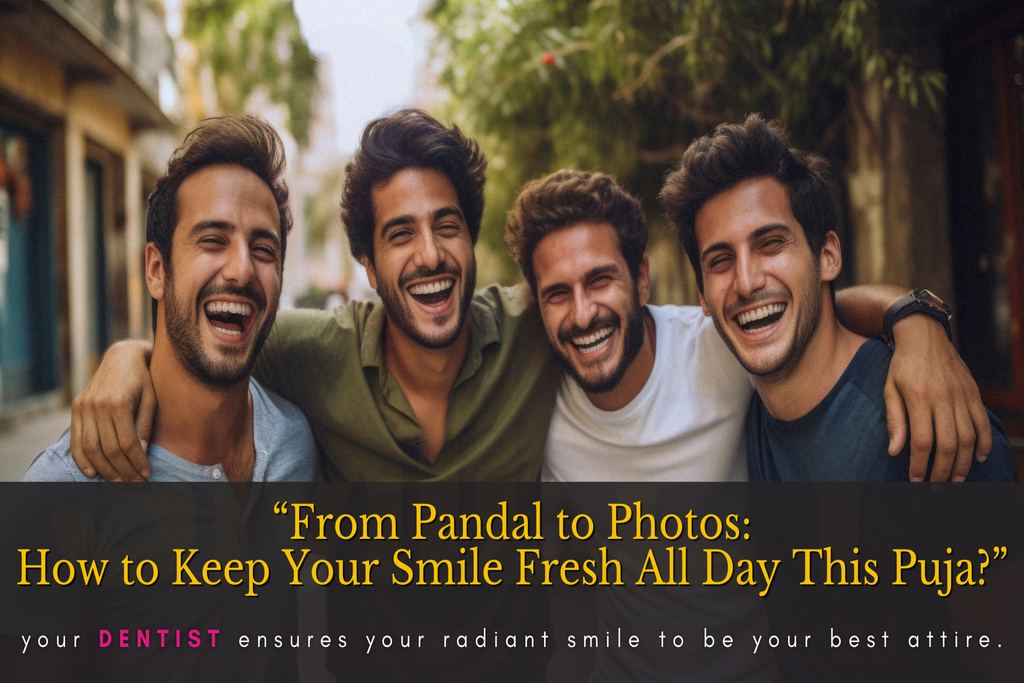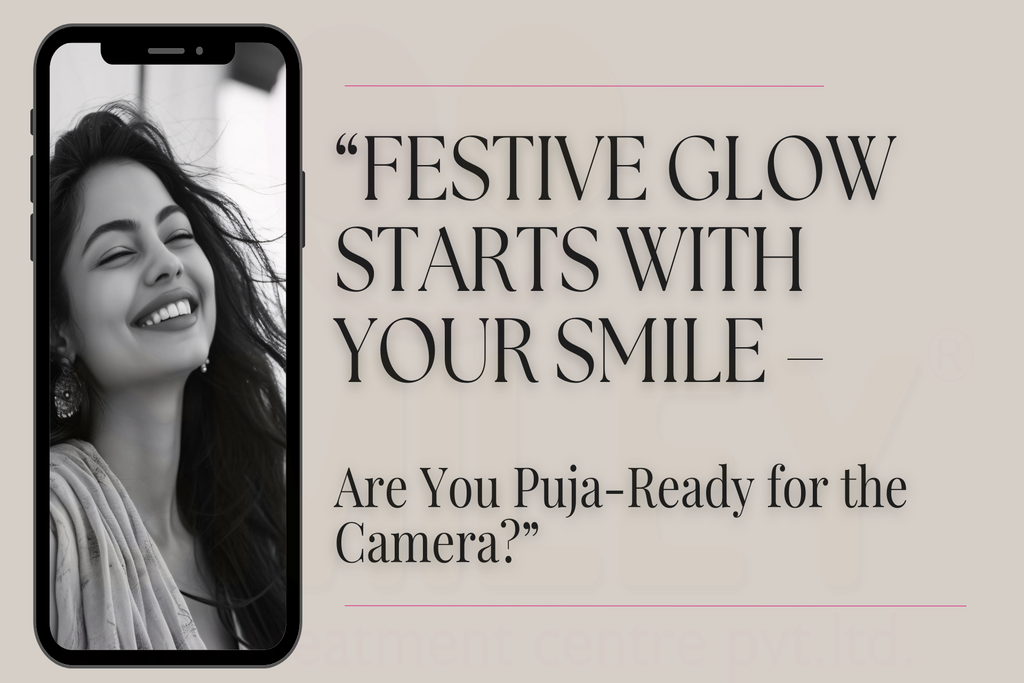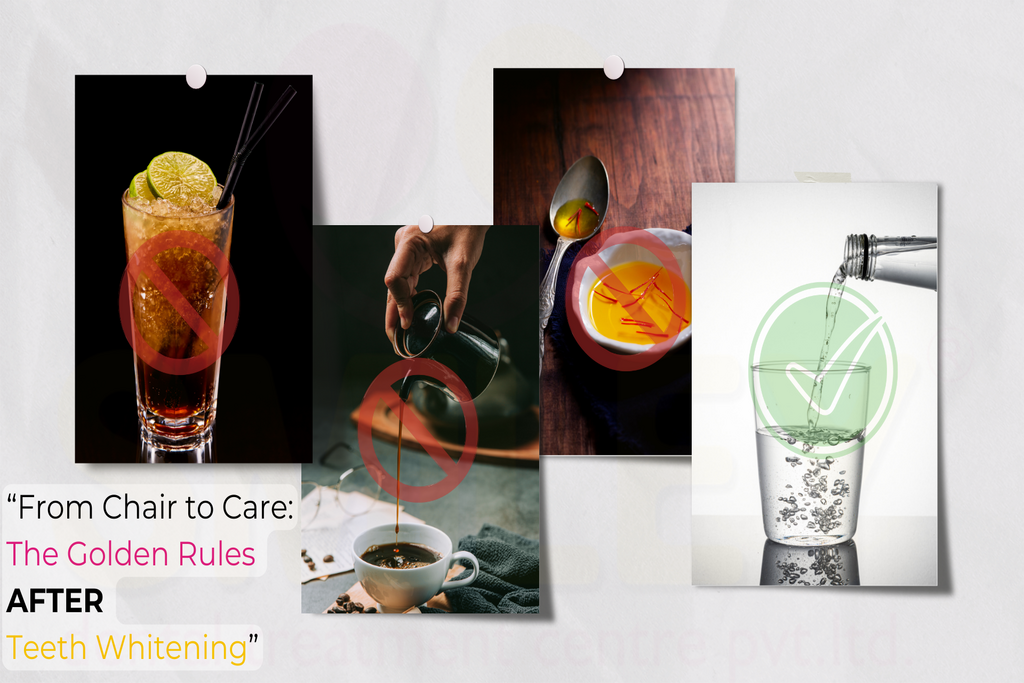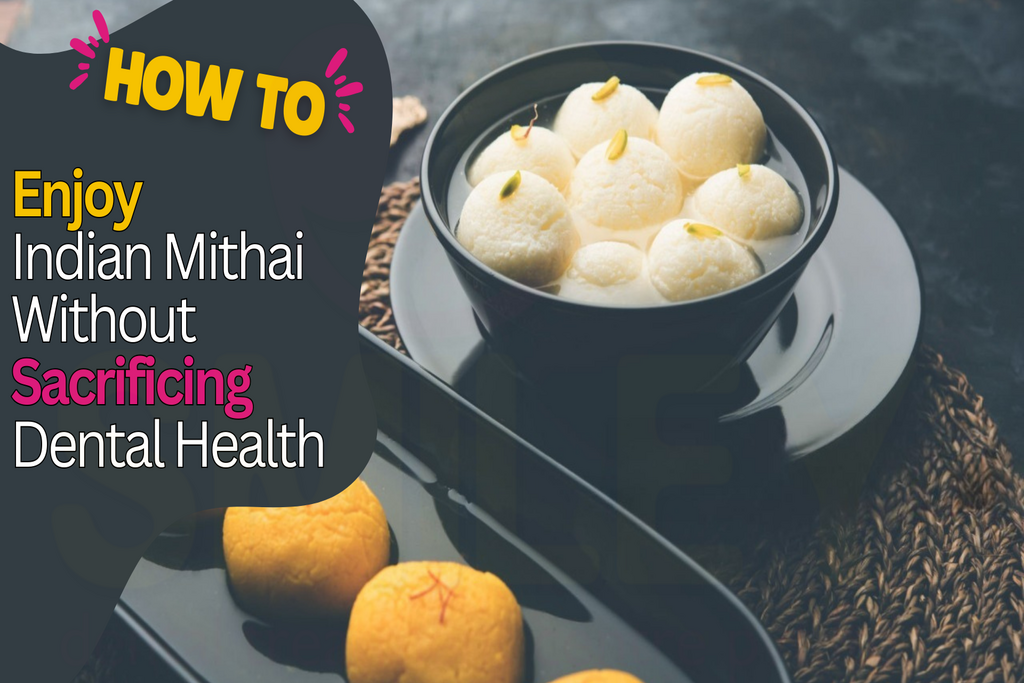Introduction
Festivals bring joy, but they can also magnify problems that were quietly waiting in the background. Many people in India delay visiting a dental clinic despite having symptoms like tooth sensitivity, cavities, gum bleeding, or broken fillings. The common excuses—“no time now,” “I’ll see a dentist after the celebrations,” “it’s just minor pain,” or “I’ll try a home remedy I saw on the internet”—only postpone the inevitable – Unfortunately, a small neglected problems often turn into painful emergencies right in the middle of family gatherings.
Now, with festivities at their peak, most clinics and dentists operate with limited hours. This makes it even more important to avoid anything that could aggravate your already compromised dental condition.
Aggravating Habits During Festivals
- Sweets & hard snacks: Traditional Indian mithai is sticky; nuts and hard sugar candies can fracture weak teeth or old fillings.
- Alcohol & sodas: Popular during parties, but they weaken enamel and worsen sensitivity.
- Late-night snacking & neglect: Brushing often skipped after midnight feasts.
- Postponed treatment: Patients delay root canals, fillings, or wisdom tooth extractions, which flare up suddenly.
Why Neglect is Dangerous
Indian patients often normalize pain until it becomes unbearable. Delayed treatment leads to:
- Severe infections requiring emergency extractions.
- Swelling or abscess formation disrupting festivities.
- Costlier and lengthier treatments later.
- Impact on overall systemic health – untreated gum infections are linked with diabetes and heart disease (Tonetti et al., 2017).
Moreover, misinformation from internet or social media worsens the situation. Many try “DIY treatments” like clove oil for cavities or over-the-counter painkillers, masking pain temporarily while the disease progresses silently. Research confirms that self-medication in dentistry leads to delayed diagnosis and poor outcomes (Jain et al., 2019).
While treatment remains the real solution, here are precautionary steps and things to avoid during the festive season to prevent emergencies.
The Smarter Lifestyle Choice
- Control Sugar Exposure – Don’t Add Fuel to the Fire
If you already have cavities or sensitivity, every extra sweet acts as fuel for bacteria. Sticky Indian mithai, chocolates, and fried snacks cling to teeth and worsen decay. Studies confirm that repeated sugar exposure significantly accelerates caries progression [1].
Precaution: Avoid frequent snacking. If you must indulge, eat sweets with your main meal and rinse immediately with plain water.
- Avoid Biting Hard Foods
Hard sugar-coated sweets, crunchy dry fruits, or even bones in festive biryanis can easily crack a weak tooth, old crown, or filling. Once a tooth fractures, emergency care may be unavoidable—and access to a dentist during holidays may be limited. Clinical research shows that weakened teeth exposed to high bite forces are prone to sudden fractures [2].
Precaution: Use the opposite side of the mouth for chewing if you already know you have a weak spot. Avoid hard, brittle, or very chewy foods altogether.
- Watch Out for Gums Under Stress
If you already have swollen or bleeding gums, late-night celebrations, irregular brushing, and heavy foods can worsen inflammation. Gum disease doesn’t take a holiday—it progresses if neglected. Worse, inflamed gums are linked with diabetes and systemic health concerns [3].
Precaution: Even if tired, never skip night brushing. Rinse after every meal, and avoid tobacco or alcohol which worsen gum problems.
- Minimize Alcohol, Aerated Drinks & Tobacco
Alcohol and sodas increase acidity, triggering pain in sensitive teeth. Tobacco further stains teeth and irritates gums. Together, these habits make neglected dental conditions flare up faster.
Precaution: If you’re already at risk, reduce or avoid these triggers during the festival period.
- Stop DIY & Internet “Hacks”
Rubbing lemon, salt, or charcoal powders, applying clove oil, or using herbal concoctions from social media may temporarily numb or clean, but they do not treat disease. Studies confirm that self-medication delays proper treatment and worsens long-term outcomes [4].
Precaution: Avoid experimenting with unverified remedies. They may mask pain but silently aggravate decay or gum disease.
- Emergency Preparedness – Be Practical
If your pain worsens, swelling develops, or food gets trapped repeatedly, know where your nearest reliable dentist is practicing during holidays. While prevention is your best bet now, be prepared in case an emergency strikes.
Conclusion
Festivals should be about joy, not regret. If you’ve neglected treatment, remember: you cannot reverse existing problems with shortcuts. But with mindful precautions—avoiding sweets, hard foods, alcohol, tobacco, and DIY remedies—you can at least prevent them from spiraling out of control during the festive season when professional help may not be immediately available.
Once the festivities end, prioritize visiting a dental clinic to get definitive treatment and protect your smile for the long term.
Edited by Dr Sourav Ghosh (MDS); Gold Medalist
Conservative Dentist, Endodontist & Cosmetic Dentist
Clinical Head at Smiley Dental Treatment Centre Pvt Ltd
Dr. Sourav Ghosh (MDS) is a seasoned Conservative Dentist, Endodontist, and Cosmetic Dentist with 21+ years of clinical excellence. As the Clinical Head of a specialist-led dental team, he champions evidence-based, ethical, and precision-driven dentistry—bringing premium, personalized care to every patient.
Reference
- Sheiham A, James WP. Diet and dental caries: the pivotal role of free sugars. J Dent Res. 2015;94(10):1341–1347.
- Rudell D, et al. Tooth fractures: causes, classification, and management. Dent Clin North Am. 2020;64(1):57–67.
- Preshaw PM, et al. Periodontitis and diabetes: a two-way relationship. Diabetologia. 2012;55(1):21–31.
- Jain A, et al. Self-medication practices in dentistry. J Pharm Bioallied Sci. 2019;11(5):252–259.
- Tonetti MS, Jepsen S, Jin L, Otomo-Corgel J. Impact of the global burden of periodontal diseases on health, nutrition, and wellbeing. J Clin Periodontol. 2017;44(Suppl 18):S20–S26.
- Jain A, et al. Self-medication practices in dentistry. Journal of Pharmacy & Bioallied Sciences. 2019;11(5):252–259.
- Petersen PE. Priorities for research for oral health in the 21st century–the approach of the WHO Global Oral Health Programme. Community Dent Health. 2005;22(2):71–74.


